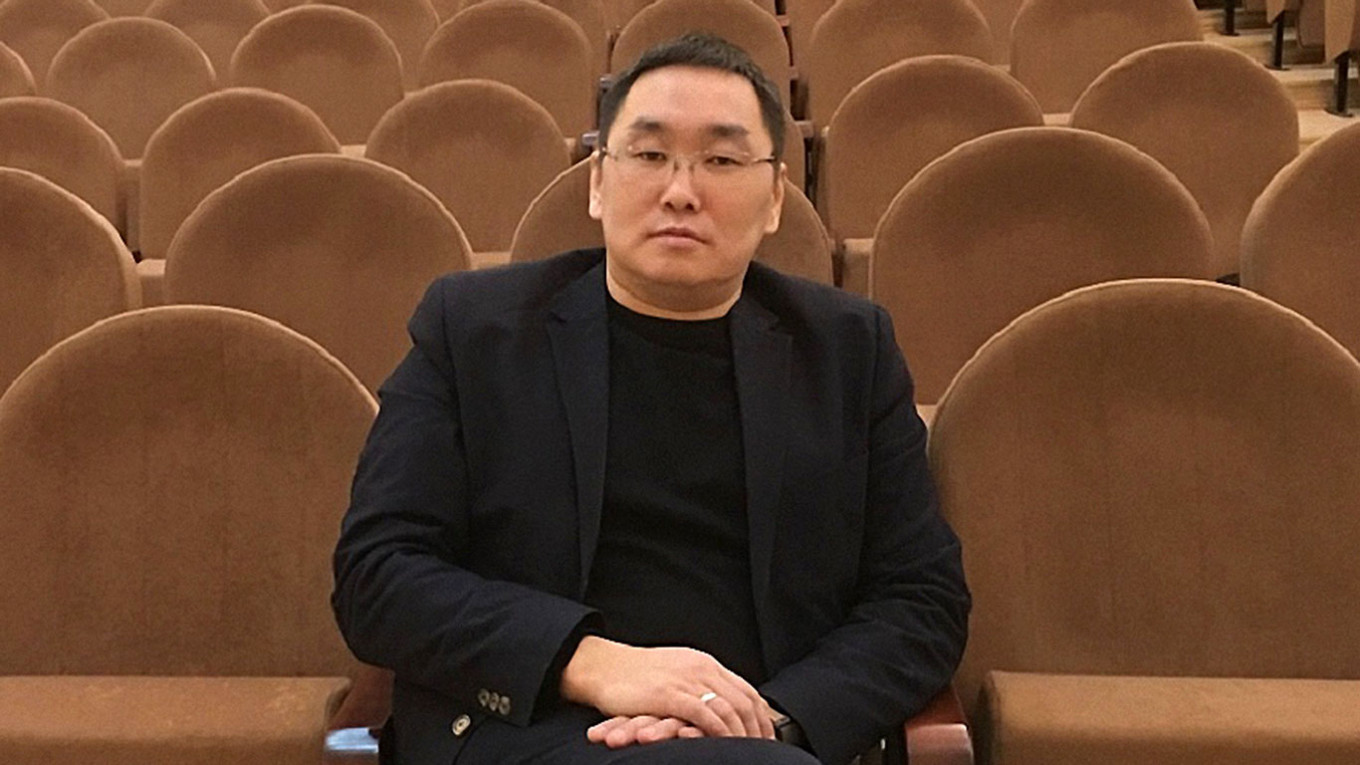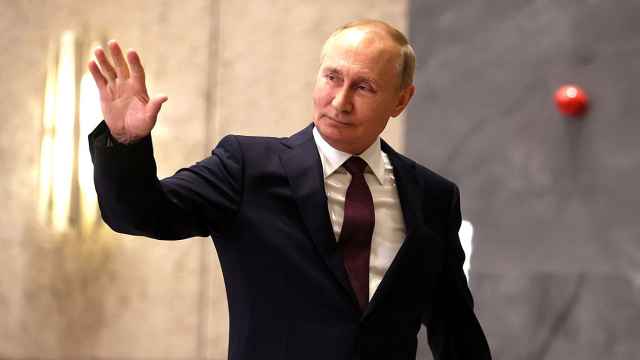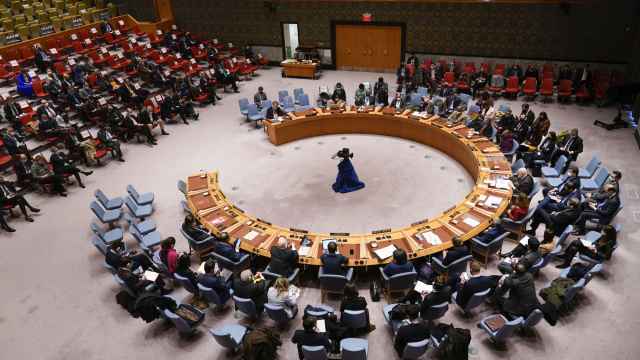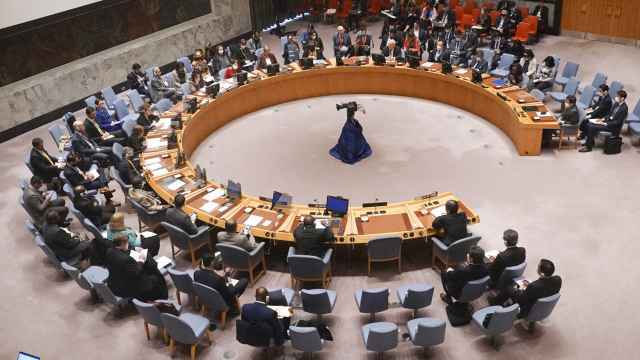As Hollywood continues to cancel film premieres in Russia over the ongoing war in Ukraine, audiences may expect a surge of Yakut films in local cinemas.
General Director of the Yakut film network Pyotr Chiryaev told Sakha’s news website YSIA that Yakut films are ready to take on the Russian film market, especially since they are tailored for wider Russian audiences.
“Yakut cinema is confidently entering the all-Russian market,” Chiryaev stated.
“Films that are well dubbed into Russian get wider distribution.”
Chiryaev said that most of today’s Yakut art-house cinema is aimed at local audiences. They are made mostly in the national language and draw on local customs, heritage and culture. But he is confident that “high-quality” dubbing and more “understandable” and relatable plotlines can help the films reach mass audiences.
The Yakut film industry has been rapidly growing over the past 10 years.
The Republic of Sakha, also known as Yakutia, stretches over the Russian Far East and is home to Indigenous Sakha community. Famous for its vast, picturesque landscapes, huge lakes and freezing temperature, the region has developed a vibrant film industry, nicknamed “Sakhawood.”
After Moscow and St. Petersburg, Yakutia has the third largest film production in the country.
Recent Yakutian films include Dmitry Davydov’s "Scarecrow," a critically acclaimed drama about a female healer, and Burnashev’s “Cursed Land,” a sequel to a 1990s’ Yakut horror film.
Major Hollywood film studios began suspending film distribution in Russia on Tuesday over Russia’s invasion on Ukraine. Among them are Walt Disney, Sony Pictures and Warner Brothers.
U.S. streaming giant Nextlix has also condemned Putin’s actions in its pro-Western neighboring nation by refusing to comply with a new Russian requirement to stream state-backed channels on its platform.
A Message from The Moscow Times:
Dear readers,
We are facing unprecedented challenges. Russia's Prosecutor General's Office has designated The Moscow Times as an "undesirable" organization, criminalizing our work and putting our staff at risk of prosecution. This follows our earlier unjust labeling as a "foreign agent."
These actions are direct attempts to silence independent journalism in Russia. The authorities claim our work "discredits the decisions of the Russian leadership." We see things differently: we strive to provide accurate, unbiased reporting on Russia.
We, the journalists of The Moscow Times, refuse to be silenced. But to continue our work, we need your help.
Your support, no matter how small, makes a world of difference. If you can, please support us monthly starting from just $2. It's quick to set up, and every contribution makes a significant impact.
By supporting The Moscow Times, you're defending open, independent journalism in the face of repression. Thank you for standing with us.
Remind me later.






